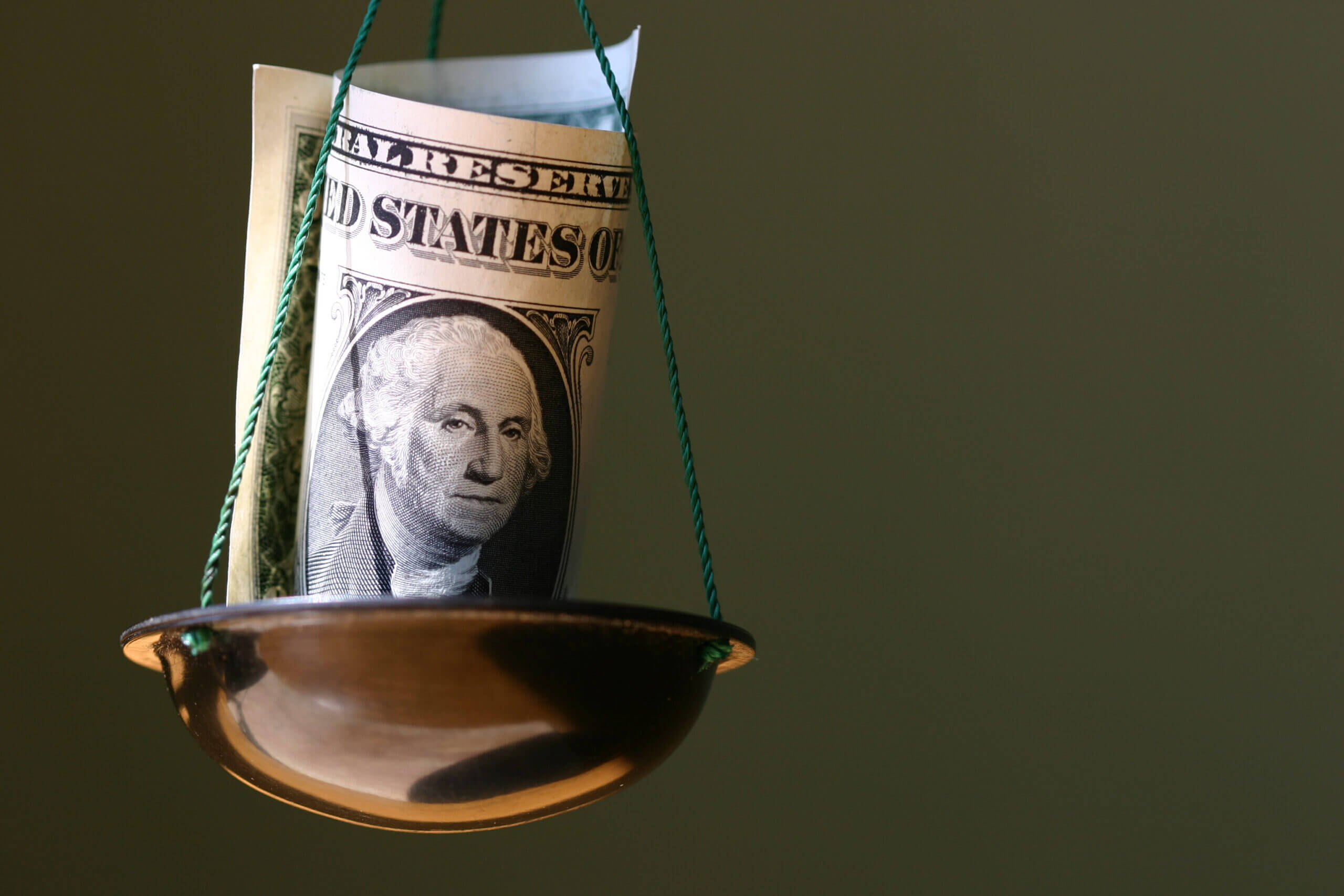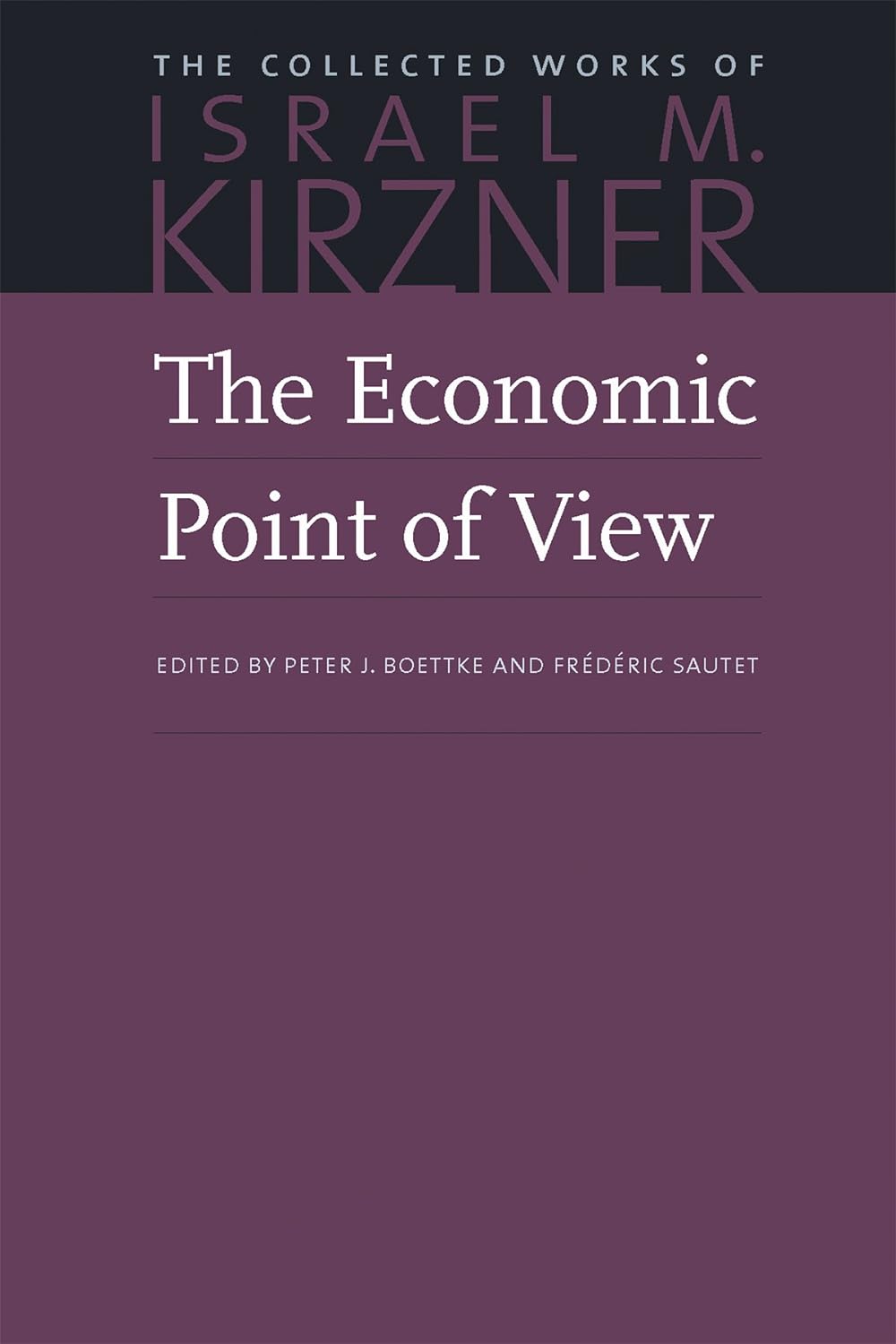Economics has long been considered the dismal science by most educated men. Much of this negative attitude stems from a firm belief that economics (1) deals solely with the grubby business of acquiring material wealth, of money-making; and (2) postulates a coldly rational, coolly calculating, economic man, a man without sentiment or compassion, a man who would refuse a few coppers to his sick old mother because his only value in life is to “buy on the cheapest market and sell on the dearest.”
Much of this picture of economics was always a caricature. To the extent that it was ever relevant, it was relevant only to British classical economics of the nineteenth century, and largely because these economists were not properly equipped to analyze the actions of consumers. Despairing of bringing the consumer into their theoretical framework, the classical economists concentrated on the businessman and his drive for pecuniary profit. Now, generally, it is the consumer who has values, and guides the profit-seeking businessmen in the paths of production that will fulfill these values. The classical omission, coupled with John Stuart Mill’s unfortunate—and positivistic—championing of the concept of the homo oeconomicus, gave enough room for the enemies of the hard realities of the economic discipline to heap scorn and abuse on the science as a whole.
Economics has come a long way since the nineteenth century, although the story is not generally known. In this fine and scholarly work, Professor Israel Kirzner traces what has happened to the conception of the scope of economics since the early British classics. He shows how economics has broadened immeasurably through the years, until, in the remarkable achievement of Ludwig von Mises, it has become part of a general theoretical analysis of all human actions, of the science of “praxeology.” And rather than being confined to certain specific goods or certain particular motives, economic analysis embraces all goods, material or immaterial, and all motives, and analyzes these actions from a certain particular aspect. The man who attends and enjoys a concert is engaging in an action analyzable by economics, even though his motive is “pure” and the good that he consumes is non-material. And not only interpersonal exchanges come under the praxeologic rubric, but also such purely personal actions as the deeds of Crusoe on his desert island. In brief, economics, or praxeology, deals with the logical implications of the universal, formal fact that human beings act, i.e., that they act purposively, employing means to achieve ends. Economics, therefore, in its profoundest sense, is not a quantitative, empirical statistical science as most people believe; it is a philosophical, qualitative, and deductive discipline.
It should be noted that economics is profoundly different from all other social or “behavioral” sciences. The latter, which try to develop scientific laws of the content of men’s actions, are determinist, mechanistic, and therefore behaviorist: men are treated like stones to be “observed,” charted, and “predicted.” Genuine economics, especially economics as it has emerged in praxeology and as shown by Dr. Kirzner, is quite the opposite; instead of mechanistically substituting behavior for action, it grounds its deductions squarely on the axiom of action, which means in essence on the axiom of man’s purposiveness and freedom of will. The conservative, properly suspicious of the anti-human essence of the “social sciences,” should recognize that in economics, particularly economics in its most developed praxeological form, he has a staunch and extremely important ally. Praxeological economics rests squarely on the reality of the individual person, not on the collective; and instead of burying values and purpose, it portrays the individual as striving purposively to achieve his cherished ends. While, therefore, the actual construction of the edifice of economic law is strictly Wertfrei, in the deepest sense economics is not a “behavioral” nor even a “social” but—what Mill this time correctly called it—a moral science.
Murray N. Rothbard was an economist of the Austrian School who founded the Center for Libertarian Studies.
















